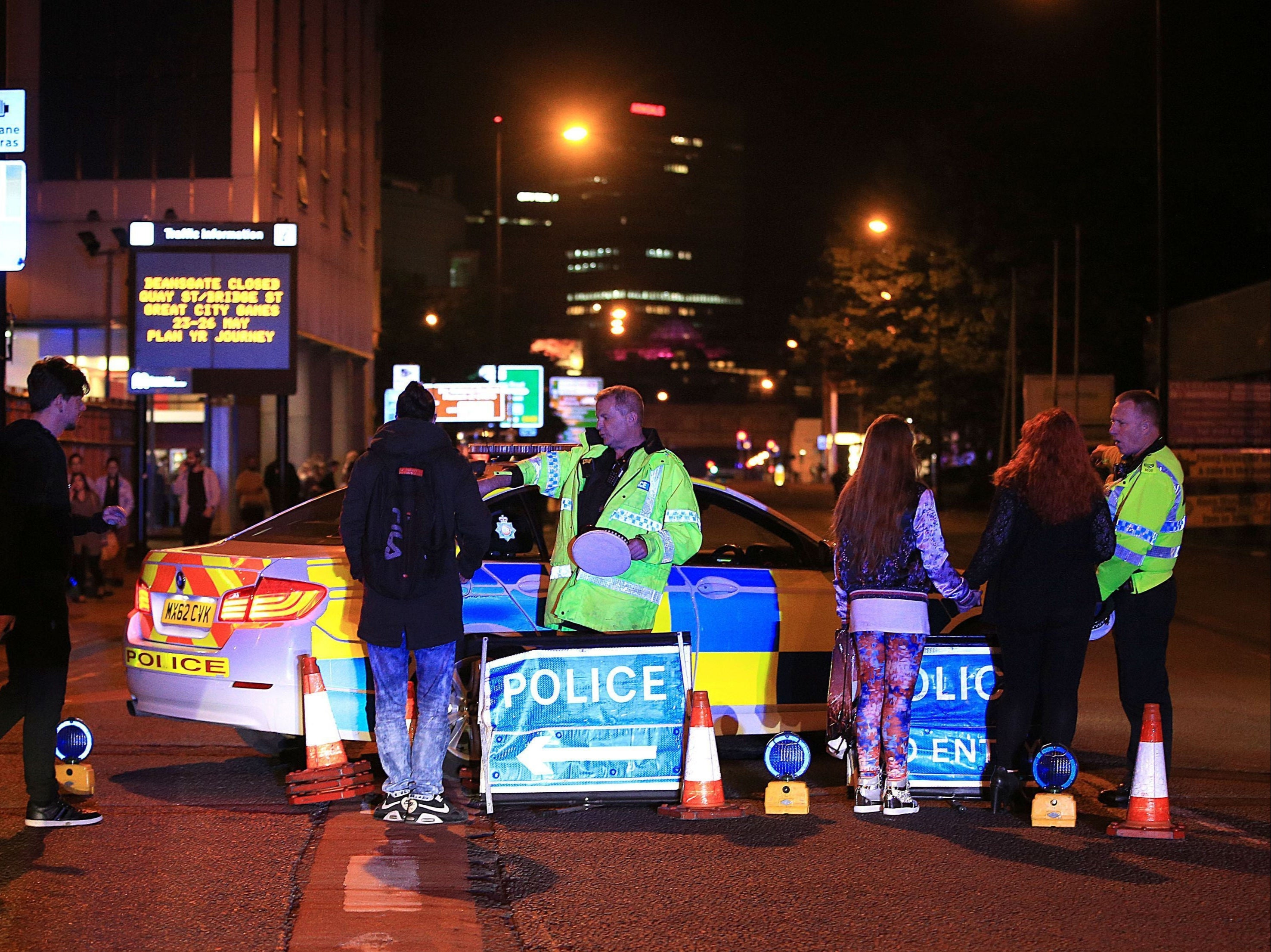The report into the Manchester Arena attack will bring little comfort to the victims’ families
Editorial: Those who were employed to protect the public, whether in the private or the public sector, failed the people they were supposed to serve

Damning as it is, the report by Sir John Saunders into official failings prior to the Manchester Arena attack hardly comes as a shock. Its conclusions were prefigured in the reportage in the days and weeks following the deaths of 22 people in May 2017; in the Kerslake Report in 2018; and in the evidence given in public sessions since.
There were a number of missed opportunities by those responsible for security to prevent the attack – or reduce the death toll. And even when members of the public voiced concerns about the unusual behaviour of Salman Abedi, such concerns were apparently met with complacency.
There were other serious shortcomings, detailed in the Kerslake Report and confirmed and enlarged upon in the Saunders inquiry. The CCTV had incomplete coverage. The emergency services were slow to respond. The secret security service could have put Abedi under closer surveillance. As Sir John states, lives were lost and damaged because of a collective betrayal of the public. Indeed, it was members of the public, there for the Ariana Grande performance, who did do their duty, showing great courage and presence of mind amid the carnage.
It is not a matter of hindsight. At a time of heightened terrorist activity, a soft target such as this was an obvious focus for terrorists; there was intelligence to that effect, which was known to the security services and the police. The failures should not have happened when they did, given the long history of urban terror in the west stretching back to the 1970s.
The sad and very uncomfortable fact is that crowded places of worship, along with music venues and sports stadiums, are both the most lightly defended and the most tempting of targets for those intent on murder with bombs and knives. The public would be right to contrast the kind of “ring of steel” security applied to the Houses of Parliament, for example, with that protecting loved ones going to a concert or football match.
There will be further reports into the attack, but the obvious next step now is to mandate strict security protocols in larger venues. As in airports, certain items of machinery – such as metal detectors and baggage X-rays – should be made compulsory. Security staff, whether police or private, should pass a certain tested level of competence in the prevention of terrorism. Individuals and organisations should be specifically liable for negligence in failing to defer or prevent a terror attack. Apparatus for checking these regulations needs to be put in place.
No doubt such a regime will make life for sports fans, museum visitors and theatre goers more onerous, and add to the financial burden of the already hard-pressed leisure sector. There is a strong case for publicly funded economic assistance, administered via local authorities, to instal this sometimes expensive kit. Tickets will cost more, and queues will be longer. Yet what is the alternative? Entering an airport lightly patrolled by some amateur “guards” is unthinkable today, and rightly so. We should feel the same sense of safety, as far as possible, in any large public facility.



Join our commenting forum
Join thought-provoking conversations, follow other Independent readers and see their replies
7Comments